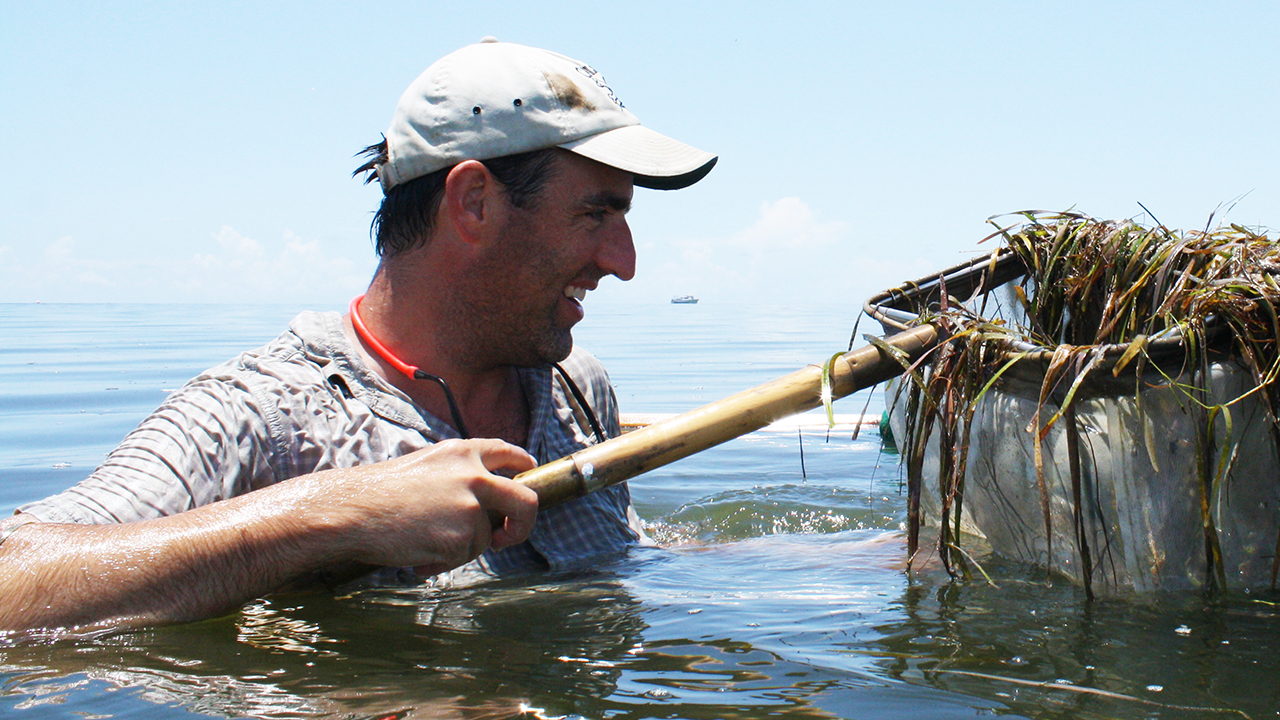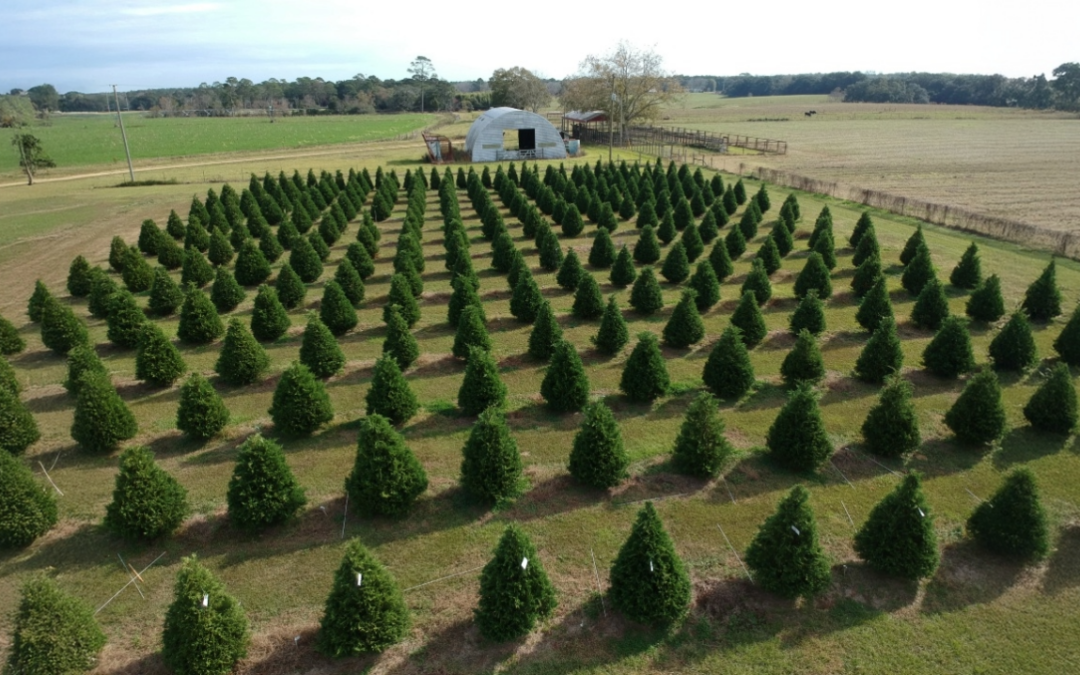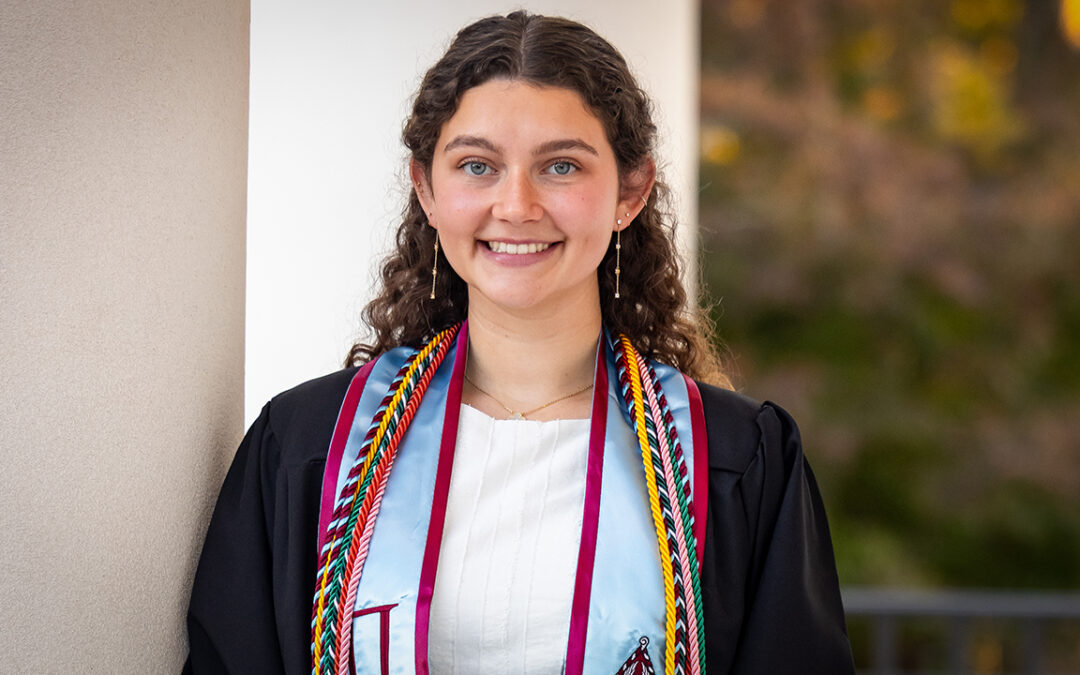By Paul Hollis / Mar 27, 2020 10:21:23 AM
News
Ash Bullard, a professor of parasitology and taxonomy in the Auburn University College of Agriculture’s School of Fisheries, Aquaculture, and Aquatic Sciences has been named a recipient of the Henry Baldwin Ward Medal, the highest honor bestowed by the American Society of Parasitologists.
The medal is awarded to an individual who is in mid-career, and who, by self-directed investigations, has attained a position of leadership in some aspect of parasitological research. H. B. Ward was the first president of the American Society of Parasitologists and the founding editor of Journal of Parasitology.
“This award is especially meaningful to me because it really is the ‘big award’ from my national, home society, The American Society of Parasitologists,” Bullard said. “I never thought I’d get this award. Academically, I ‘grew up’ in the ASP—my first meeting was in 1995—and I have attended nearly every annual meeting since then.
“It’s certainly the greatest honor I’ve received in my professional career as a parasitologist and taxonomist. I think it is important to emphasize that any award like this is really a recognition of a group or team, not any single person’s accomplishments alone. I am proud and excited to share this award/recognition with my present and former graduate students: they did the hard work and deserve this recognition”
Bullard also is director of the Southeastern Cooperative Fish Parasite and Disease Project, a multistate disease diagnostics cooperative established in 1965. He serves as an associate or section editor for the Journal of Parasitology, Parasitology Research, and Diseases of Aquatic Organisms. In addition, he instructs courses in fish anatomy and physiology, fish diseases, disease diagnostics, marine ichthyology and marine parasitology.
“Basically, I am a parasitologist, who trains students as field biologists, analytical researchers, diagnosticians, teachers and taxonomic scholars of parasitology,” Bullard said. “They explore taxonomy, systematics and parasite biology by collecting parasites, symbionts and pathogens in association with invertebrates and vertebrates in rivers, lakes, estuaries and oceanic localities nearby and abroad.”
His group conducts research activities throughout aquatic habitats in North America as well as through expedition-based activities in Southeast Asia, South America and Africa, principally with the aim of discovering new parasite species, their life cycles, and pathological effects in aquatic invertebrates and vertebrates.
Bullard currently supervises seven graduate students (four PhD students and three MSc students) who comprise the Aquatic Parasitology Laboratory at Auburn University.
Originally from Chattanooga, Tennessee, Bullard earned his BSc from the University of South Carolina (Marine Sciences) in 1997 before earning an MSc and PhD in parasitology from the University of Southern Mississippi in 2002 and 2007 (Gulf Coast Research Laboratory). He was hired at Auburn University in 2008 as an assistant professor.
The Henry Baldwin Ward Medal consists of travel and accommodation expenses up to $1,000, an honorarium, a certificate and the Ward Medal—a special bronze medal designed by Justus F. Mueller.





